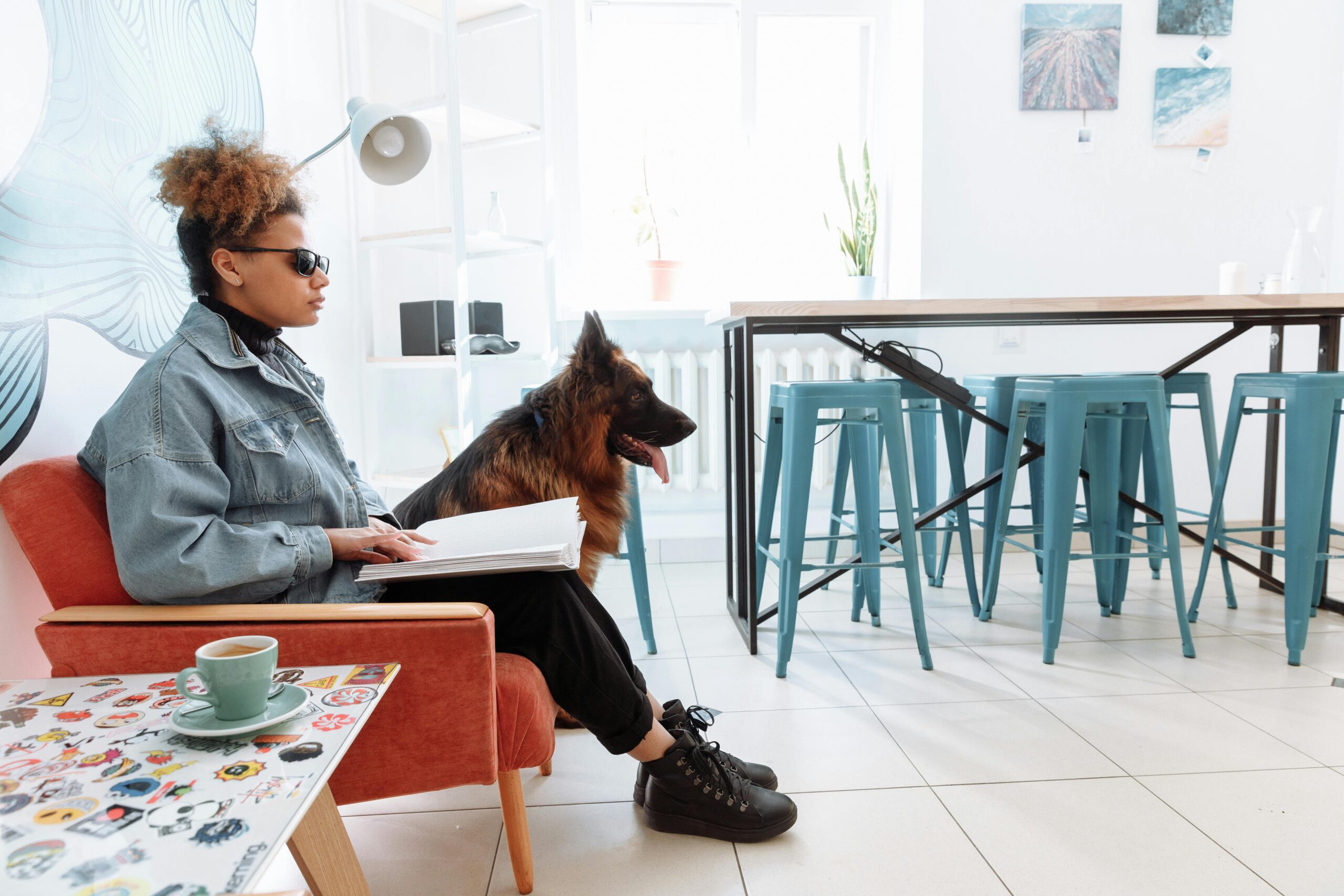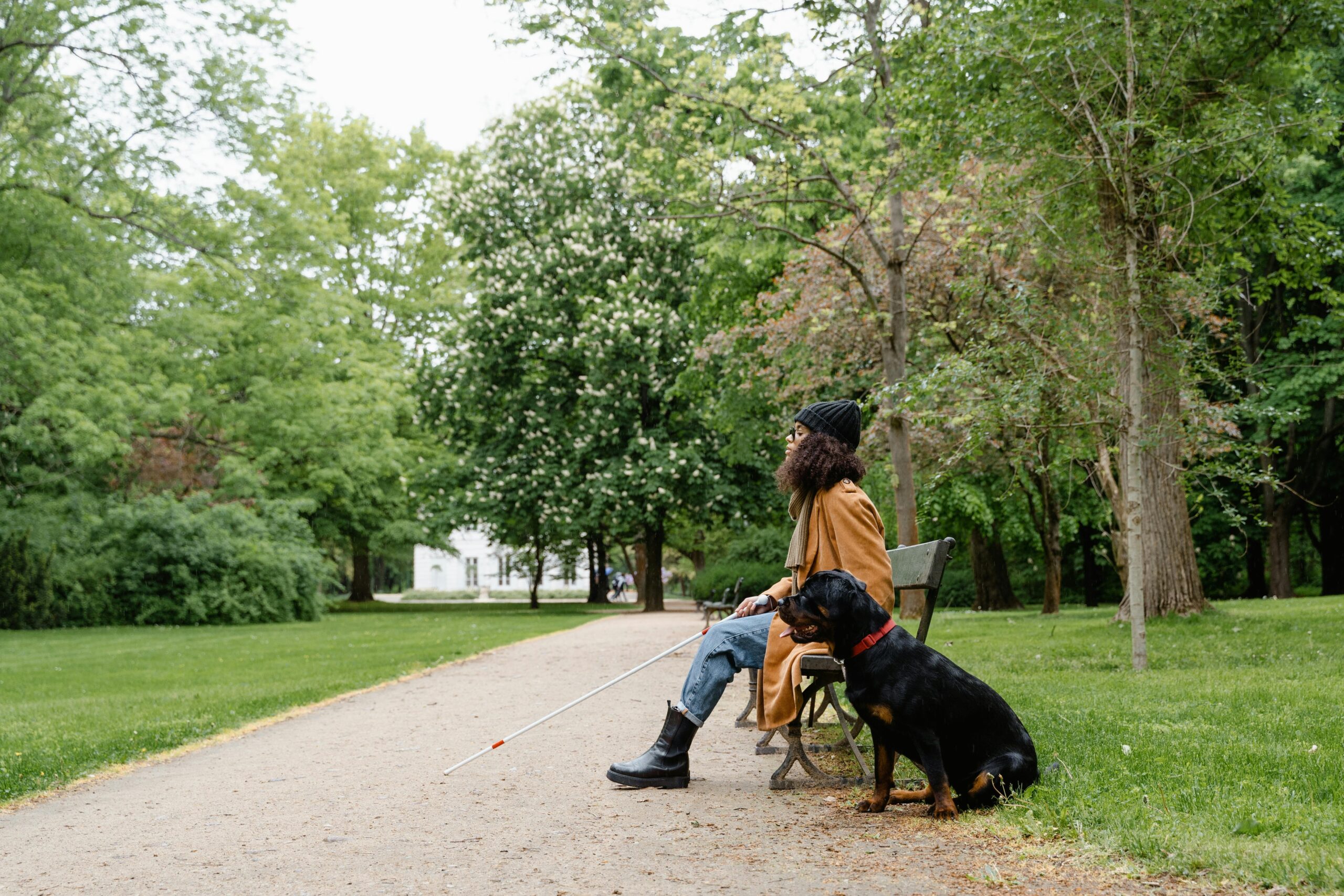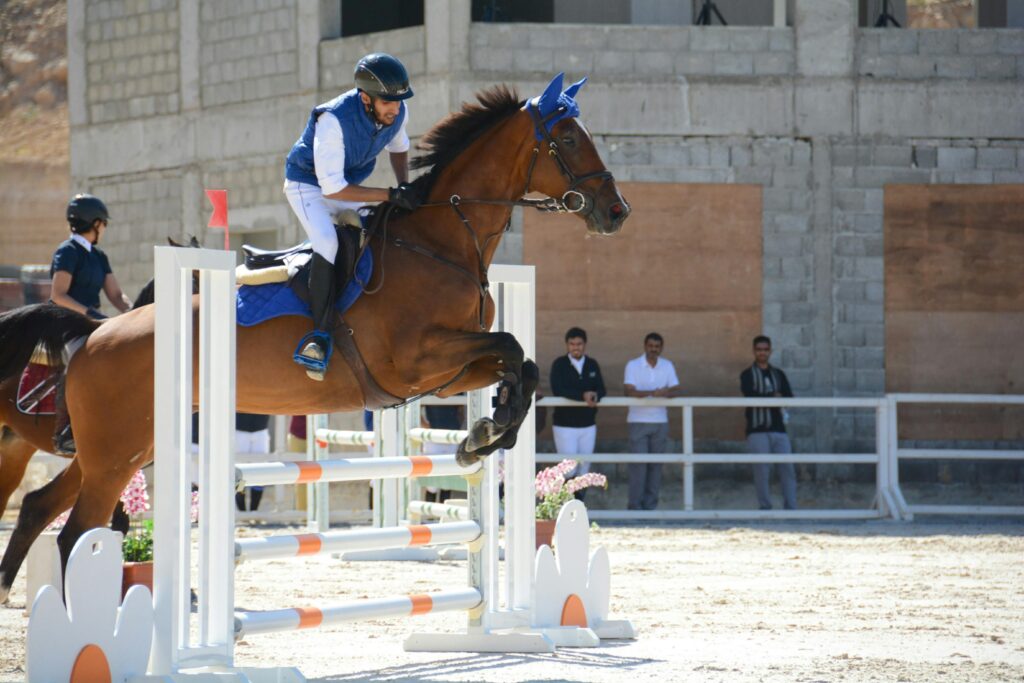Ever watched a guide dog flawlessly navigate a bustling airport or crowded mall and wondered, “How on earth do they do that?” Spoiler alert: it’s not magic—it’s hours of meticulous Indoor Navigation Training. And today, we’re diving deep into how you can help your furry companion become the GPS guru they were born to be.
In this post, we’ll cover why indoor navigation training is crucial, how to train step-by-step, actionable tips, real-life examples, and answer frequently asked questions. Ready? Let’s unleash your guide dog’s full potential!
Table of Contents
- Key Takeaways
- Why Indoor Navigation Matters for Guide Dogs
- Step-by-Step Indoor Navigation Training Guide
- Best Practices for Success
- Real-World Case Studies
- FAQs About Indoor Navigation Training
- Conclusion
Key Takeaways
- Indoor navigation enhances a guide dog’s ability to assist in complex environments.
- Training requires patience, consistency, and positive reinforcement.
- Mistakes are part of the process—be prepared to adapt and persevere.
Why Does Indoor Navigation Matter for Guide Dogs?
Navigating tight spaces, avoiding obstacles, and understanding commands like “find the elevator” might sound straightforward—but indoors, chaos reigns supreme. Think about shopping malls during Black Friday sales or hospitals buzzing with activity. For someone who relies on their guide dog, these environments can feel daunting.
The stakes are high, which is why mastering indoor navigation training isn’t just optional; it’s essential. Without proper guidance through crowded hallways or narrow aisles, both handler and dog risk confusion—or worse.

Pro Tip: Start small by setting up mock scenarios at home (like moving chairs around) before progressing to more chaotic public places.
Step-by-Step Guide to Indoor Navigation Training
Step 1: Teach Basic Commands
“Optimist You:” “It all starts here!”
“Grumpy You:” “Ugh, fine—but only if coffee’s involved.”
Ensure your dog knows foundational commands such as “left,” “right,” “stop,” and “forward.” This vocabulary forms the backbone of navigation training.
Step 2: Introduce Obstacle Courses
Create simple obstacle courses using household items like boxes or cones. Reward them for successfully maneuvering around objects without bumping into anything.
Step 3: Progress to Variable Environments
Gradually increase difficulty by introducing tighter spaces, stairs, door handles, and other indoor elements. A mall parking lot or an empty school hallway works wonders.
Best Practices for Successful Indoor Navigation Training
- Use Positive Reinforcement: Treats, praise, belly rubs—your dog will work harder when rewards are meaningful.
- Be Consistent: Train regularly but keep sessions short to avoid burnout.
- Avoid Overloading: One new environment per week prevents overwhelming your pup.
- TERRIBLE TIP ALERT: Don’t use punishment-based methods! Punishing mistakes creates fear instead of learning.
Rant Section: That One Annoying Myth About Guide Dog Training
I once heard someone say, “You don’t need professional trainers; just Google it!” Sure, buddy, because Googling makes you an expert instantly *insert eye roll*. Professional trainers specialize in behavioral cues you’d never catch alone. Respect the craft!
Real-World Case Studies
Meet Max, a Labrador trained under rigorous indoor conditions. His handler reports, “Max has mastered everything from escalators to revolving doors. It’s changed our lives!” Proof? A viral TikTok video showing him navigating IKEA like a pro amassed millions of views.
FAQs About Indoor Navigation Training
Q1: How Long Does It Take to Train a Guide Dog for Indoors?
Average timelines range from six months to two years, depending on complexity and individual progress.
Q2: What Happens If My Dog Makes Mistakes?
Mistakes happen! Correct gently, reinforce desired behavior immediately afterward, and move on.
Q3: Are There Age Limits for Starting Training?
No strict limits exist, though starting younger tends to yield faster results due to adaptability.
Conclusion
Congratulations—you’ve officially unlocked the secrets of indoor navigation training for guide dogs. Remember, persistence and love go hand-in-hand throughout this journey.
Like Pikachu choosing Charmander over Bulbasaur (*nerd alert*), investing time in indoor navigation training sets your guide dog apart. Happy training!
P.S. Here’s a haiku for ya:
Paws tap quietly, Echoes bounce off walls—guide leads Freedom within reach.



